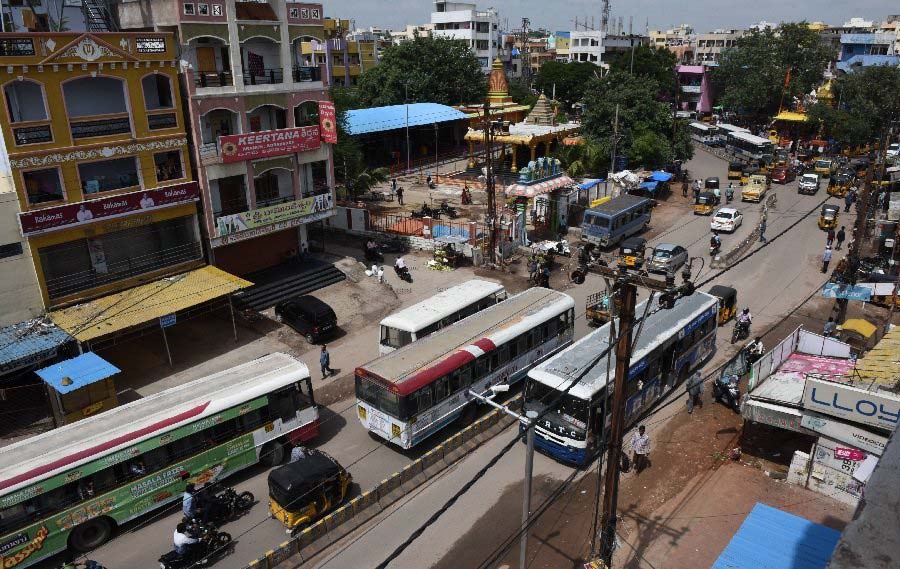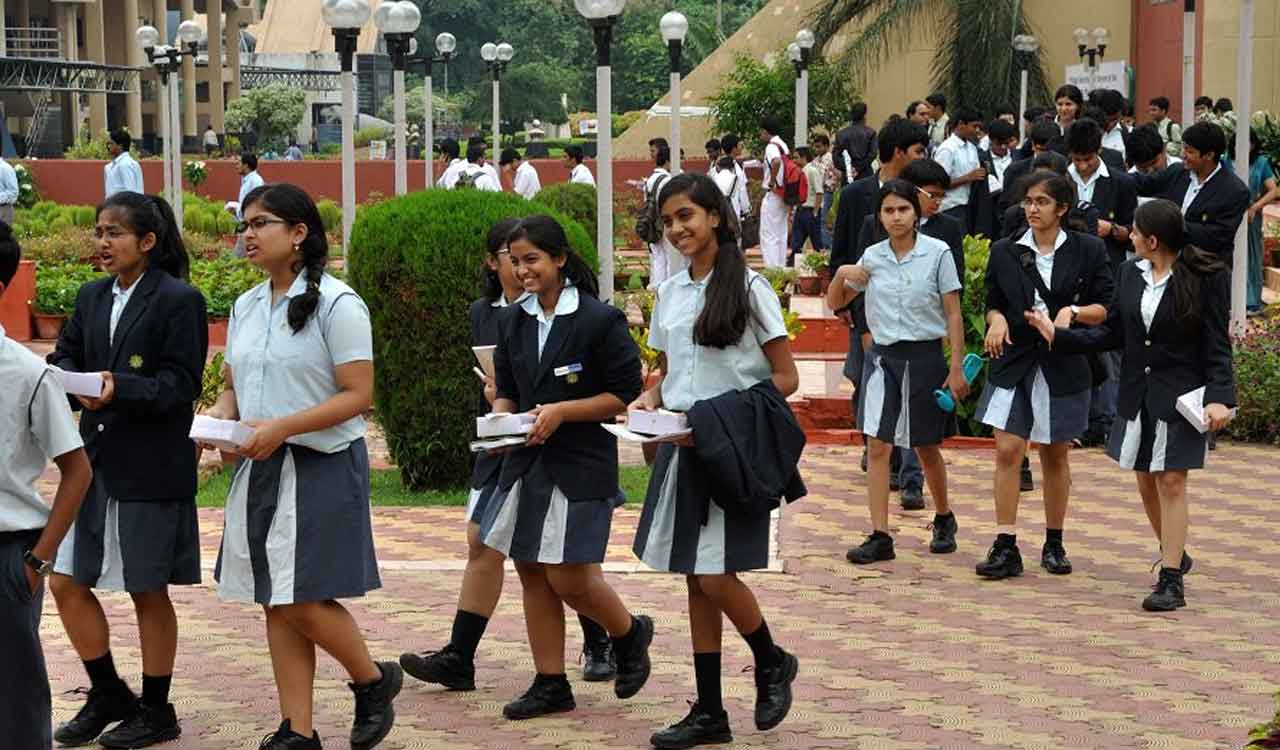Protectionist move
Blocking foreign workers will not suddenly equip Americans with the skills needed for the technology jobs

The protectionist moves of the Trump administration in the name of “America First” policy are getting weirder by the day. Just a few weeks ahead of the presidential election, it has proposed major changes to the H-1B visa programme that are bound to make it harder for foreign workers to work in the United States. The new Interim Final Rule (IFR), unveiled by the Department of Homeland Security, will narrow the definition of “specialty occupation” to include fewer types of degrees, raise wages that H-1B workers should be paid, and shorten the length of visas for some contract workers. This could deal a major blow to Indian techies who get a bulk of the H-1B visas approved each year. In fact, if the new norms were applied in the past, even Sundar Pichai, the CEO of Google, would not have made the cut. Under the new norms, about one-third of H1-B applicants in recent years would be denied the visa. Until now, foreigners with a bachelor’s degree were eligible for specialty occupations. However, now, they must be specialists in their exact field. For instance, an electrical engineer can’t fill a software engineer position. This poses challenges for jobs in niche emerging fields, such as artificial intelligence and bioinformatics because not many universities offer courses in these new technologies, and often professionals from loosely-related fields fill up these roles. Staffing companies will also face headwinds as terms for the coveted visa will be shortened to one year in many cases.
It is clear that the Trump administration is playing to the gallery at the cost of America’s long-term economic health. It must be pointed out that there is still a huge shortage of skilled workforce in science and technology sectors. This gap is being currently bridged by workers on short-term non-immigrant visas like H-1B and L-1. Ever Since Trump took office in 2017, there has been increased scrutiny and denial of H-1B applications. But, he fails to understand that blocking foreign workers will not suddenly equip Americans with the skills needed for the technology jobs. This short-sightedness can have serious long-term ramifications. The new rules will narrow down the definition of what constitutes a “specialty occupation”. As a result, the companies which hire workers on H-1B visas will have a tough time proving to the immigration agencies that such employees are not available from the domestic pool of US workers. Global IT giants will have to bear the brunt. Every year, the US administration issues 85,000 H-1B work permits. Of these, 65,000 are for people with specialty occupations, while the rest 20,000 are reserved for those foreign workers who have earned a masters or higher university degree in the US.
Now you can get handpicked stories from Telangana Today on Telegram everyday. Click the link to subscribe.
Click to follow Telangana Today Facebook page and Twitter .
Related News
-
Hyderabad auto driver foils attempt to kidnap young woman, five held
-
Sandhya Theatre stampede case: Allu Arjun questioned for 3 hours by Chikkadpallly police
-
Telangana: TRSMA pitches for 15% school fee hike and Right to Fee Collection Act
-
Hyderabad: Organs of 74-year-old man donated as part of Jeevandan
-
Save future of Telangana NEET PG aspirants, IMA writes to CM Revanth Reddy
40 mins ago -
Telangana techie loses Rs 4.15 lakh to online gold trading fraud
1 hour ago -
Hyderabad: Couple working as house help at doctor’s residence held for theft
1 hour ago -
Haiti gang attack on journalists covering hospital reopening leaves 2 dead, several wounded
3 hours ago -
21 dead as Mozambique erupts in violence after election court ruling
4 hours ago -
Cartoon Today on December 25, 2024
11 hours ago -
Former Home Secretary Ajay Kumar Bhalla appointed Manipur Governor, Kerala Governor shifted to Bihar
12 hours ago -
Opinion: The China factor in India-Nepal relations
13 hours ago




